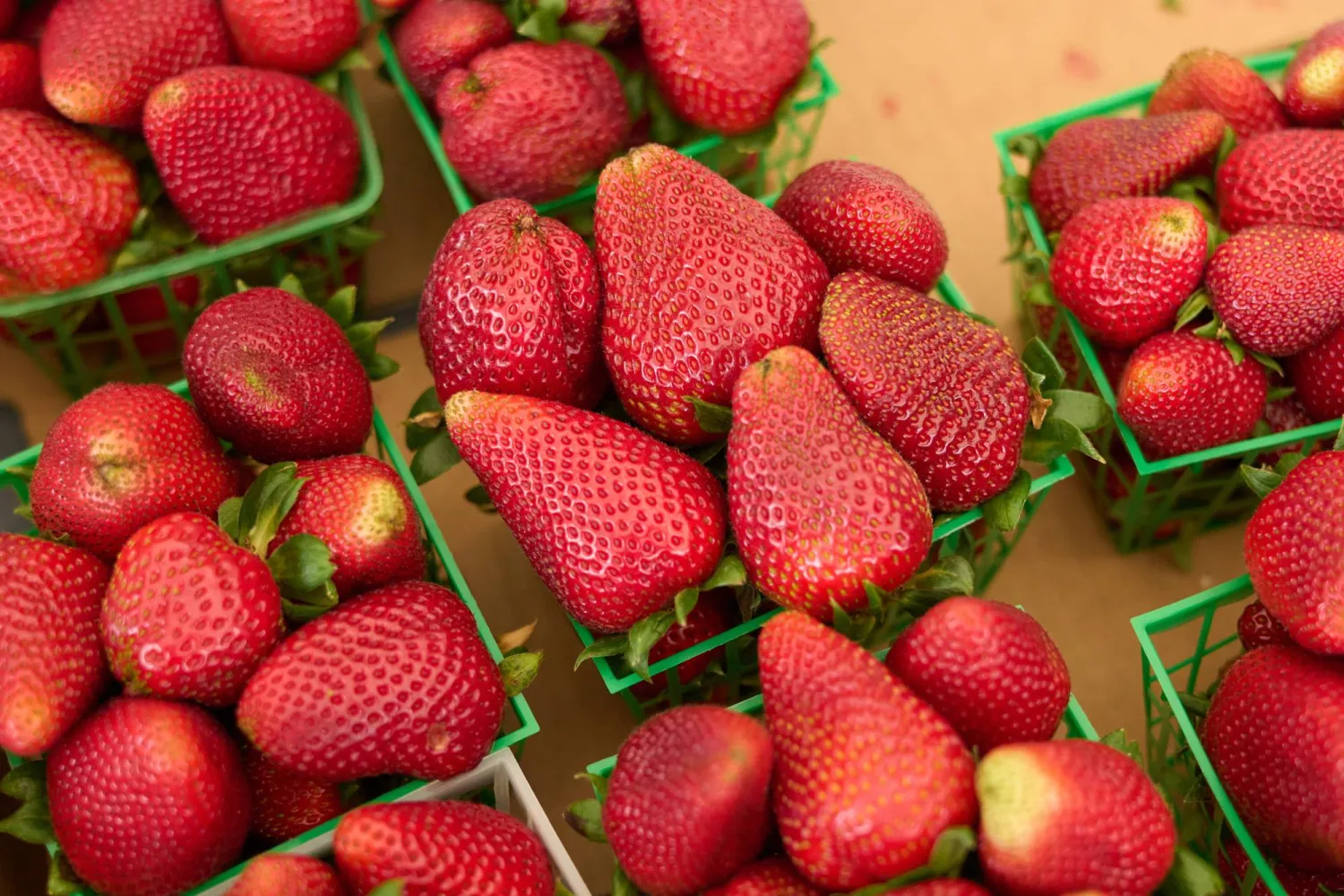Dubai, United Arab Emirates – Researchers at Stanford University in the United States have developed an innovative technology. This may change the future of treating painful kidney stones.
This is done by genetically modifying intestinal bacteria to break down oxalate. Oxalate is a major cause of the formation of these stones.
The researchers conducted a clinical trial in which 51 volunteers participated, including 12 people with intestinal hyperoxaluria.
It is one of the common causes of recurrent kidney stones.
The participants were divided into two groups. The first took capsules containing genetically modified bacteria, while the second received a placebo.
The treatment continued for one month.
All participants also took porphyrin powder dissolved in water with an antacid medication. This was done to create a suitable environment for bacterial activity.

After the experiment ended, the results showed a significant decrease in oxalate levels. This was observed in the group that used the modified bacteria compared to the other group.
The researchers modified a strain of bacteria to enable it to analyze oxalates.
It is a substance found in high quantities in foods such as spinach, nuts, dark chocolate, and tea.
They also made bacteria rely on porphyrin as a food source – carbohydrates that most gut bacteria cannot digest.
Which gives it the ability to stay inside the intestines for as long as possible.
Study leader Weston Whittaker said that the bacteria’s dependence on porphyrin gives researchers a “kill switch”. Through this, the bacteria can be stopped by simply stopping taking the powder daily.
Whittaker believes this method may be used to treat or prevent other intestinal diseases.
Including inflammatory bowel disease and some types of cancer.
The team is currently conducting trials on patients with irritable bowel syndrome.
For his part, Chris Eden, a urology consultant, welcomed the study.
But he stressed that it is still in its early stages: “This may be beneficial for a specific group of patients with recurrent kidney stones, especially those who do not respond to a low-oxalate diet”.

















